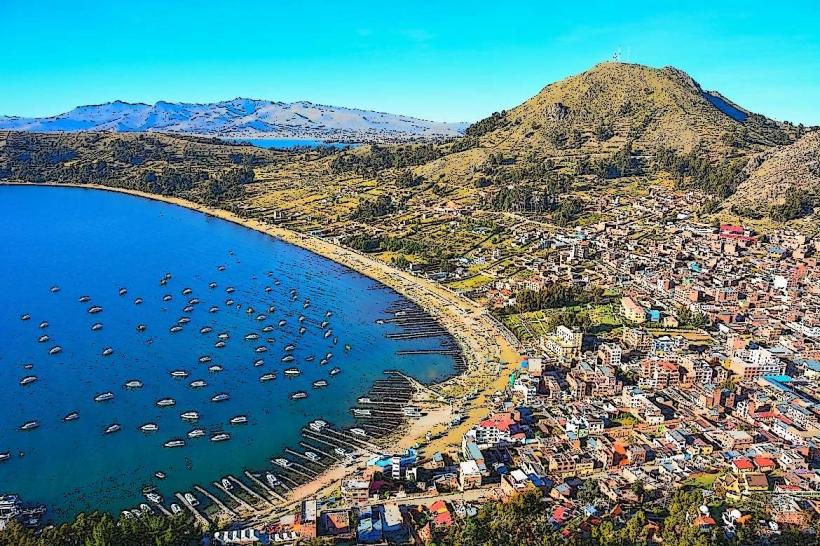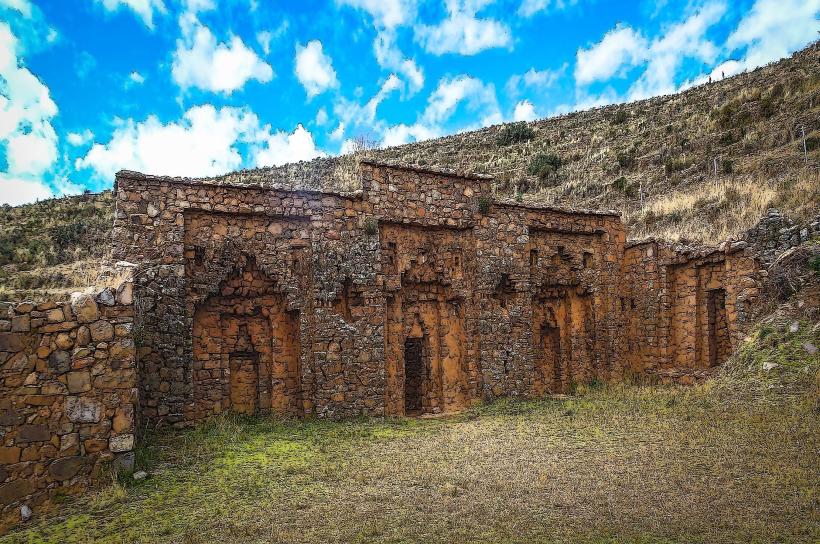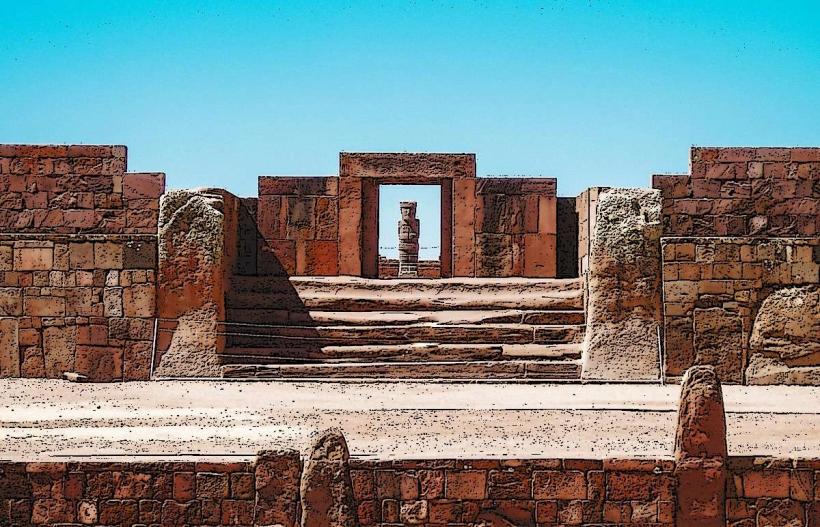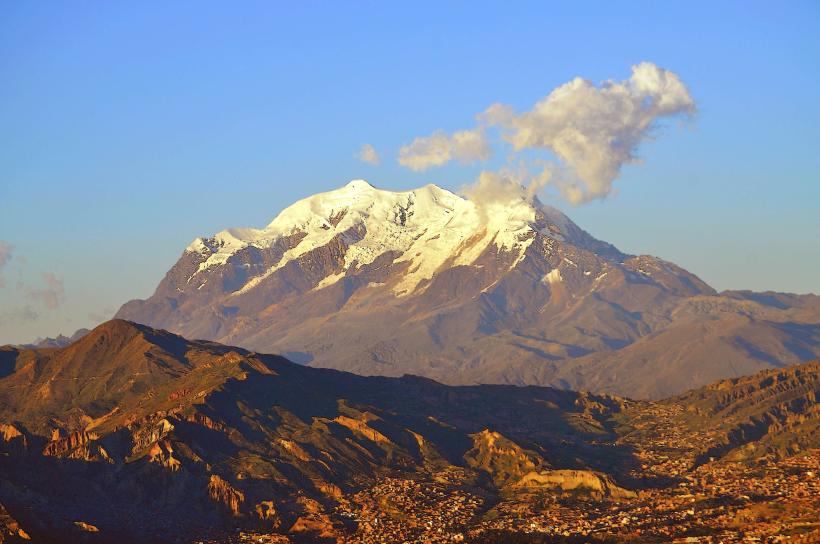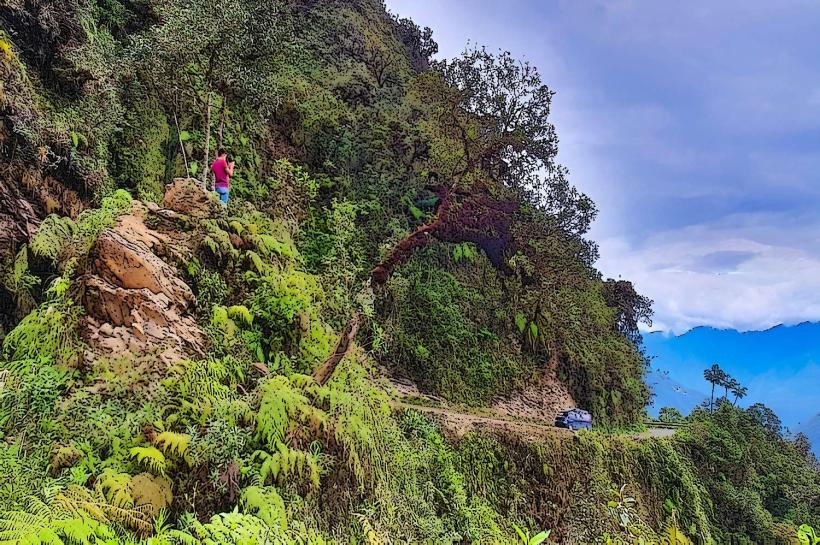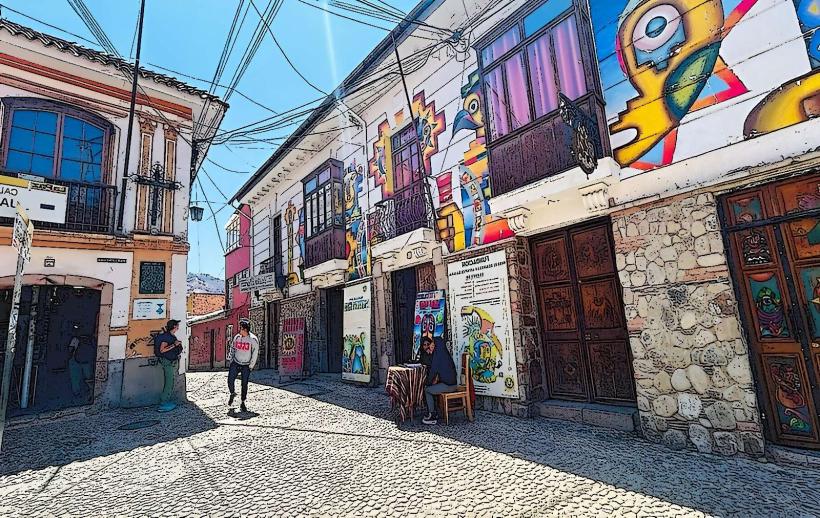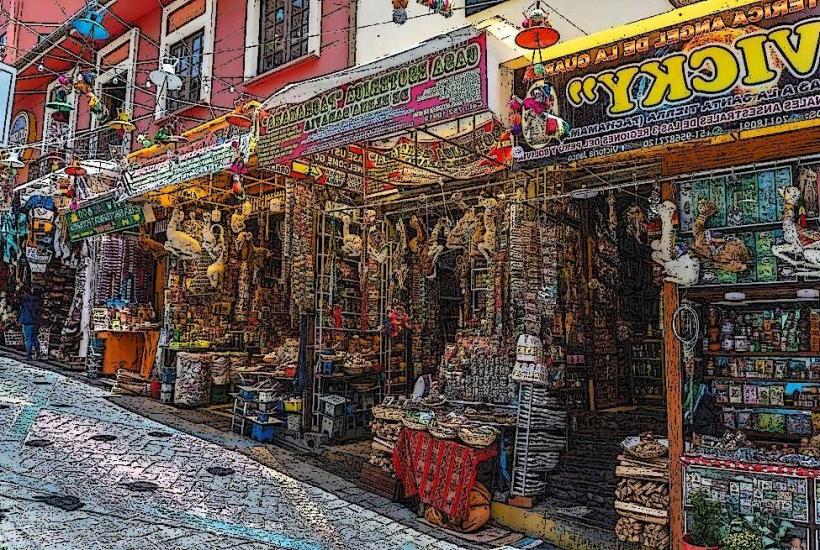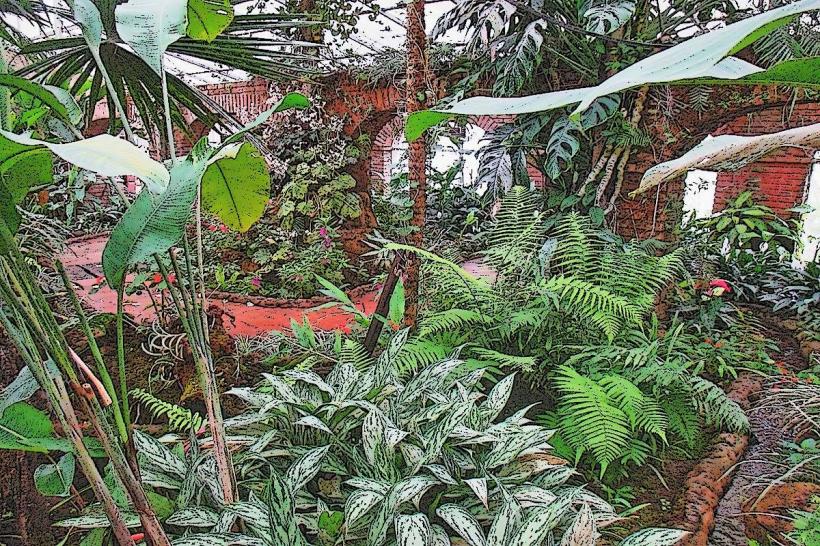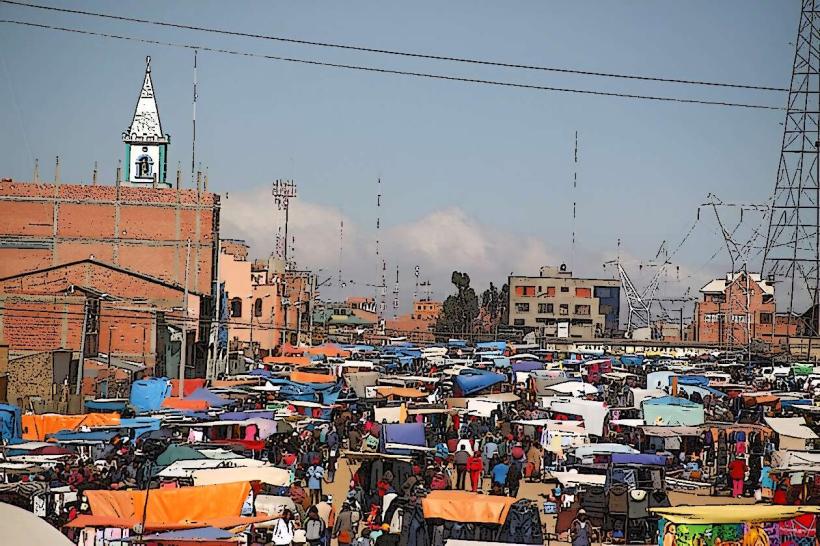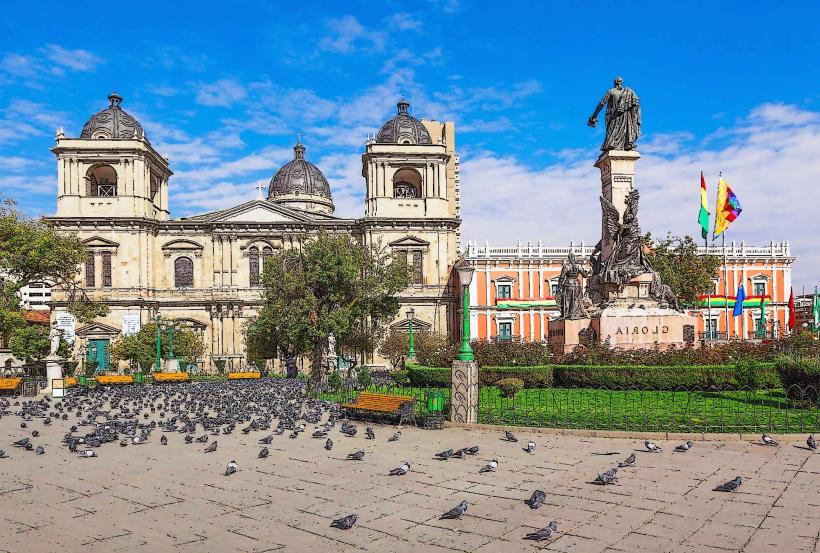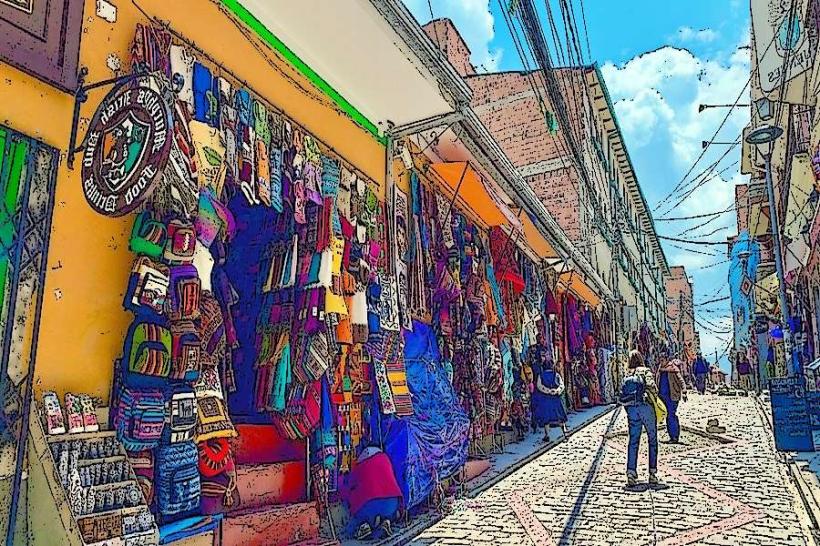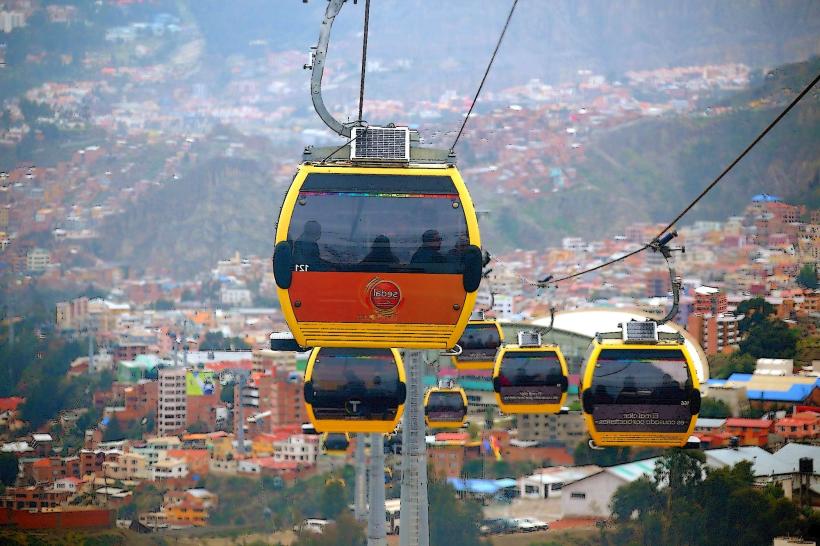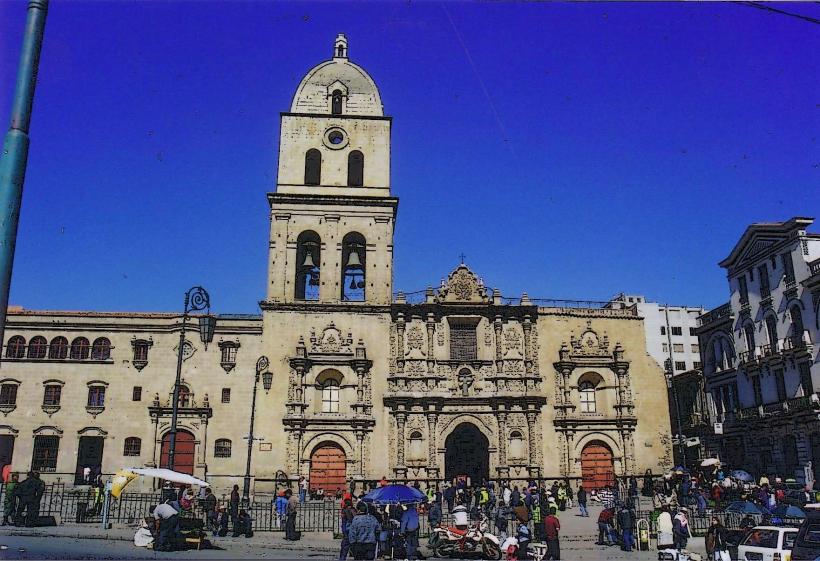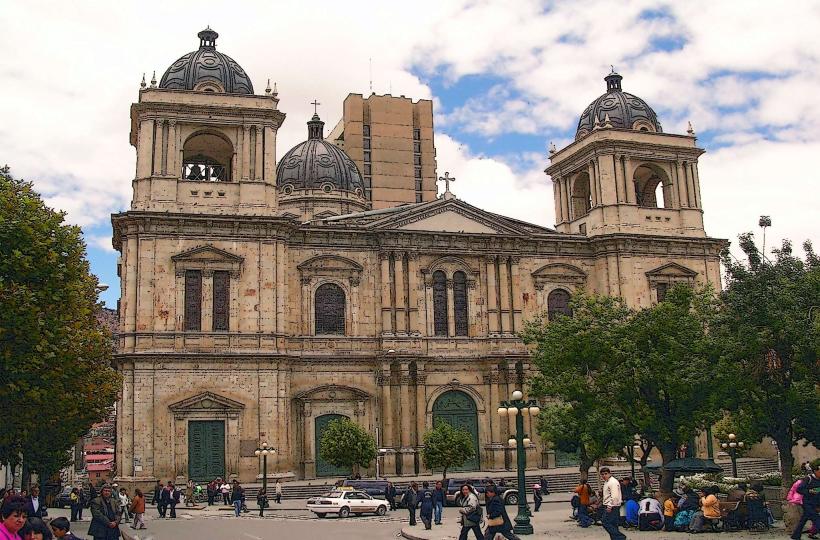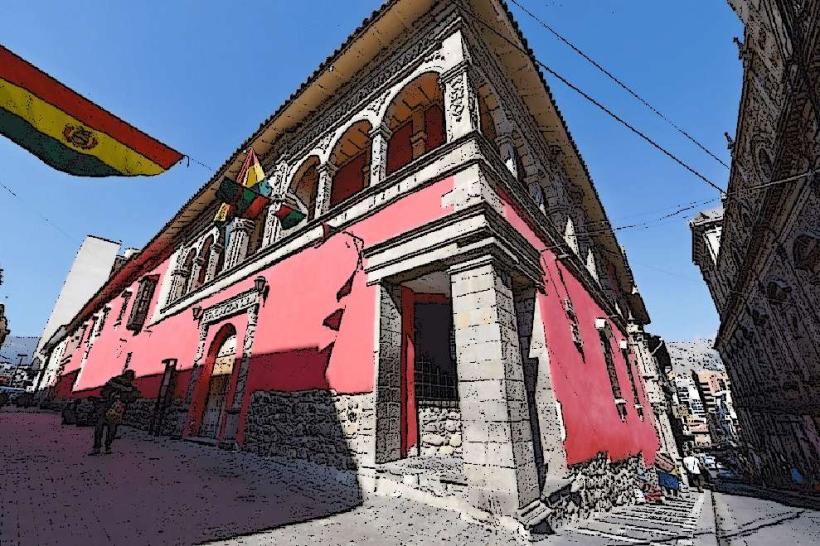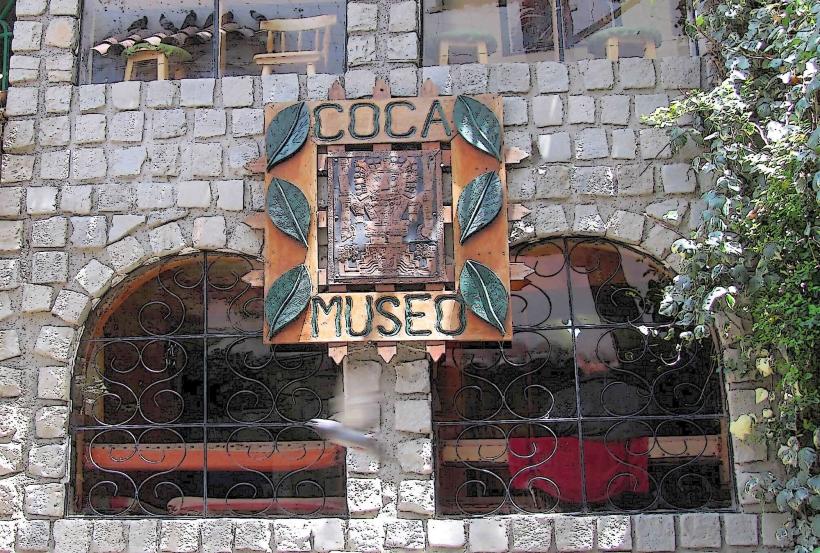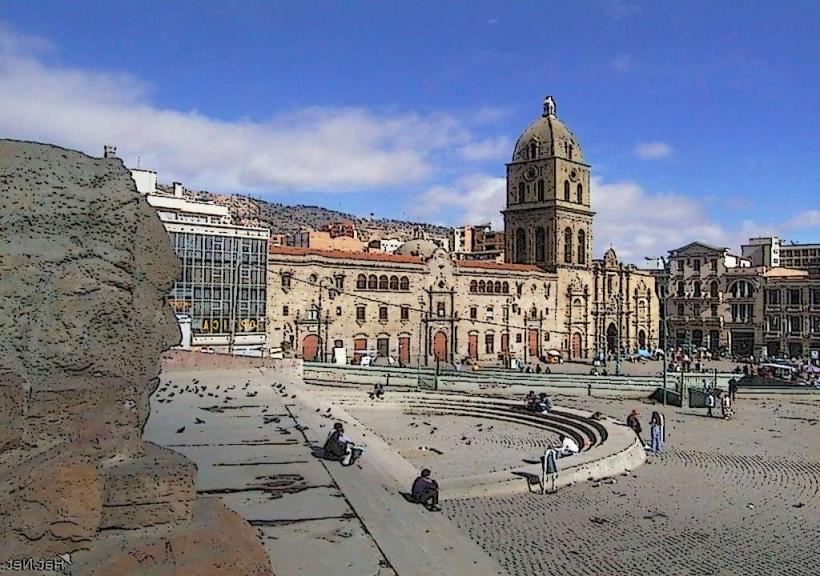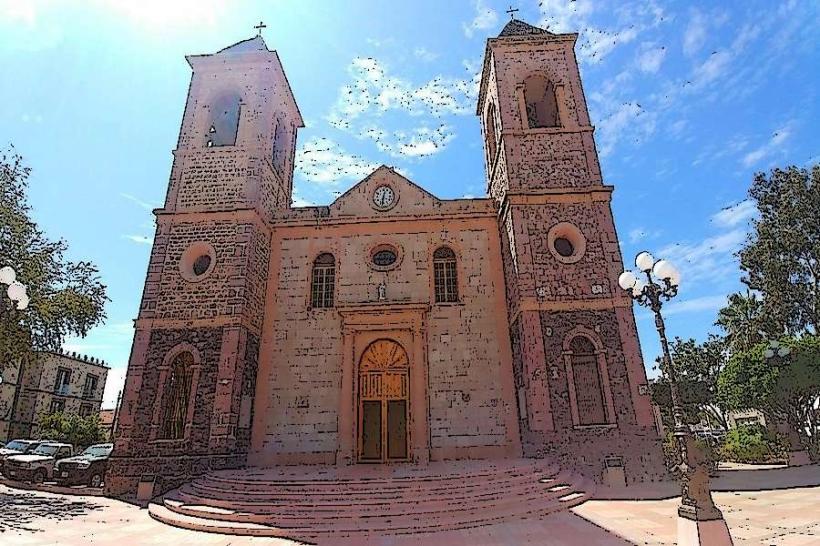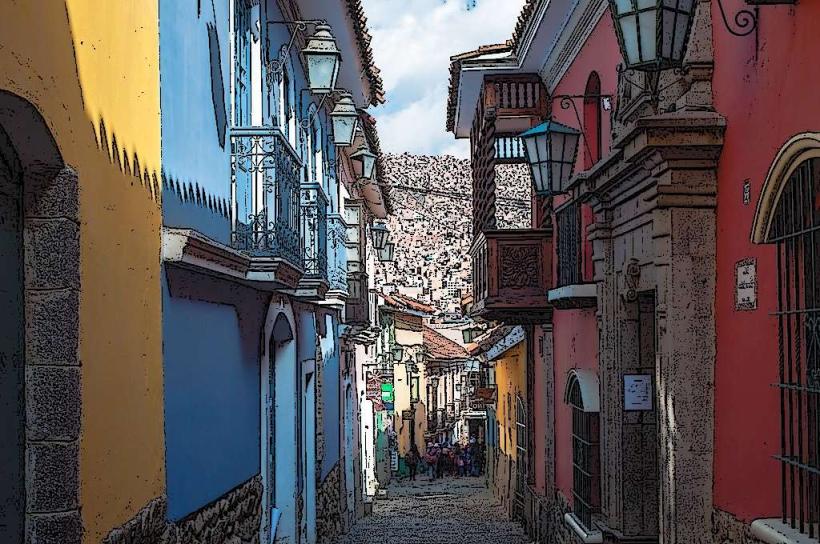Information
Landmark: La Paz Municipal MarketCity: La Paz
Country: Bolivia
Continent: South America
La Paz Municipal Market, La Paz, Bolivia, South America
The La Paz Municipal Market is a covered public market located in the city of La Paz, Bolivia. It serves as a primary distribution point for a wide variety of goods.
Visual Characteristics
The market structure is a multi-story building constructed primarily from concrete and corrugated metal roofing. Its exterior is functional rather than decorative, with numerous entrances and loading bays. Internally, the market is a dense arrangement of stalls, with aisles varying in width. The dominant colors are those of the produce and goods sold, creating a dynamic visual field.
Location & Access Logistics
The market is situated in the central district of La Paz, approximately 1.5 kilometers south of Plaza Murillo. Access is via Calle Sagarnaga and Avenida Buenos Aires. Numerous local bus routes, including lines 1, 5, and 12, stop directly in front of or adjacent to the market. Limited street parking is available in the surrounding blocks, often requiring payment to local attendants. Taxis are readily available.
Historical & Ecological Origin
The current structure of the La Paz Municipal Market was largely completed in the late 1970s, consolidating various smaller, open-air markets that had existed in the area for decades. Its purpose has always been to facilitate commerce and provide a central location for vendors and consumers.
Key Highlights & Activities
Visitors can observe and purchase a wide range of local produce, including fruits, vegetables, grains, and tubers. Sections are dedicated to meats, cheeses, baked goods, and household items. Traditional Bolivian crafts and textiles are also available in specific areas. Bargaining is a common practice.
Infrastructure & Amenities
Restrooms are available within the market, though their condition can vary. Some covered areas provide shade, but many stalls are open to the elements. Cell phone signal (primarily 3G and 4G) is generally consistent throughout the market. Small food stalls and vendors selling prepared meals are present within the market complex.
Best Time to Visit
The market is most active from early morning (approximately 7:00 AM) until mid-afternoon (around 5:00 PM). Weekdays are generally less crowded than Saturdays. For the most diverse selection of fresh produce, visiting before 11:00 AM is recommended.
Facts & Legends
A specific section of the market is known for selling traditional medicinal herbs and items used in Aymara spiritual practices, including llama fetuses, which are historically buried under new construction for good fortune.
Nearby Landmarks
- 0.8km North: Plaza Murillo (Central Plaza)
- 1.2km Northwest: Witches' Market (Mercado de las Brujas)
- 1.5km West: San Francisco Church
- 2.0km Northeast: El Alto Teleferico Station (Red Line)

